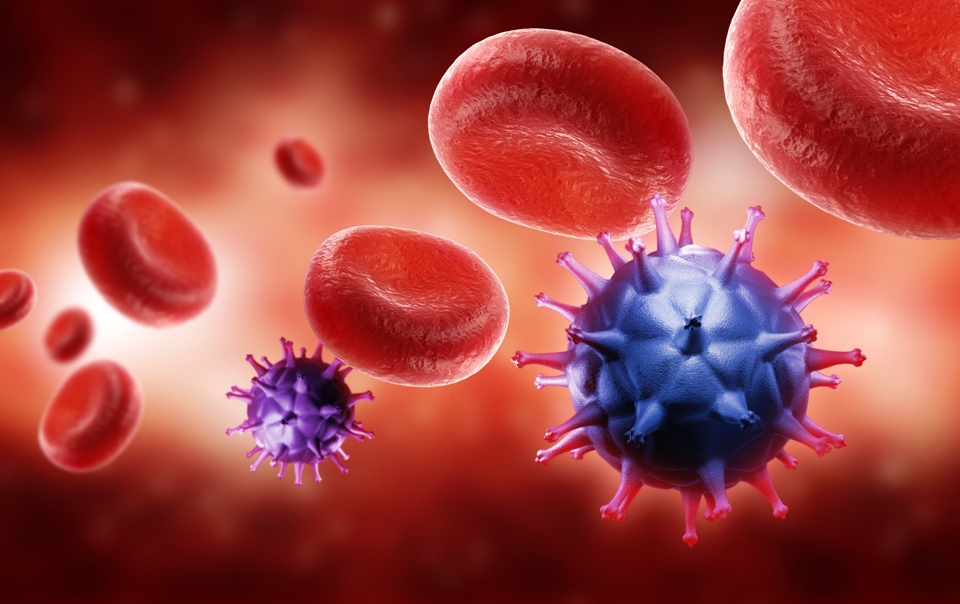Introduction
When the immune system is weakened—such as by HIV, certain cancers, or immunosuppressive medications—the body becomes more vulnerable to infections that a healthy immune system would typically fight off. These are referred to as opportunistic infections (OIs).
For people living with HIV, especially those with a low CD4 count, OIs can lead to serious illness or even death if not prevented or treated early. The good news is that most OIs are preventable through medication, routine screenings, and healthy habits.
This article explores the most common OIs, who is at risk, and practical strategies to prevent them.
What Are Opportunistic Infections (OIs)?
Opportunistic infections are caused by bacteria, viruses, fungi, or parasites that take advantage of a weakened immune system. They are common in:
- People living with HIV (especially if CD4 < 200 cells/mm³)
- Cancer patients undergoing chemotherapy
- Organ transplant recipients
- People on long-term corticosteroids or biologic therapies
Common Opportunistic Infections in People with HIV
1. Pneumocystis Pneumonia (PCP)
- Cause: Pneumocystis jirovecii fungus
- Symptoms: Dry cough, shortness of breath, fever, fatigue
- Prevention:
- Trimethoprim-sulfamethoxazole (Bactrim) prophylaxis if CD4 < 200
- Adherence to ART to maintain immune strength
2. Tuberculosis (TB)
- Cause: Mycobacterium tuberculosis
- Symptoms: Persistent cough, weight loss, fever, night sweats
- Prevention:
- Routine TB screening
- Isoniazid preventive therapy (IPT) for latent TB
- ART to reduce HIV-related TB risk
3. Toxoplasmosis
- Cause: Toxoplasma gondii parasite (from undercooked meat or cat feces)
- Symptoms: Headaches, confusion, seizures (often brain infection)
- Prevention:
- Avoid handling cat litter
- Don’t eat undercooked or raw meat
- Prophylaxis if CD4 < 100 and seropositive for Toxoplasma
4. Cytomegalovirus (CMV)
- Cause: CMV virus (commonly dormant in body, reactivates with low immunity)
- Symptoms: Vision loss (CMV retinitis), diarrhea, ulcers
- Prevention:
- Regular eye exams for those with CD4 < 100
- ART to restore immunity
5. Candidiasis (Thrush)
- Cause: Candida fungus (oral, vaginal, or esophageal)
- Symptoms: White patches in mouth/throat, painful swallowing, genital itching
- Prevention:
- Maintain good oral hygiene
- ART to boost immunity
- Antifungal medication if recurrent
6. Cryptococcal Meningitis
- Cause: Cryptococcus neoformans (fungus found in soil/bird droppings)
- Symptoms: Headache, neck stiffness, fever, confusion
- Prevention:
- Cryptococcal antigen testing in people with CD4 < 100
- Fluconazole prophylaxis if needed
- ART initiation
7. Mycobacterium avium Complex (MAC)
- Cause: Environmental bacteria affecting blood and organs
- Symptoms: Fever, night sweats, weight loss, fatigue
- Prevention:
- Prophylactic azithromycin or clarithromycin if CD4 < 50
- ART to improve immune defense
Who Is Most at Risk?
Opportunistic infections mainly occur in people with:
- CD4 counts below 200 (for HIV)
- Not on ART or non-adherent
- Co-infections like hepatitis B or C
- Use of immune-suppressing drugs (e.g., after organ transplant)
- Malnutrition
General Prevention Strategies
1. Start and Stay on Antiretroviral Therapy (ART)
- The single most effective way to prevent OIs in HIV.
- ART restores immune function and keeps viral load undetectable.
2. Routine Screening and Monitoring
- Regular CD4 and viral load checks
- Screen for TB, CMV, and cryptococcal antigen at low CD4 counts
3. Preventive Medications (Prophylaxis)
- Bactrim: for PCP and toxoplasmosis
- Fluconazole: for cryptococcal disease
- Macrolides: for MAC in low CD4
4. Healthy Lifestyle and Hygiene
- Eat well to maintain immunity
- Wash hands regularly
- Avoid raw meat and untreated water
- Avoid exposure to bird droppings and mold
5. Environmental and Pet Safety
- Avoid cleaning cat litter or bird cages
- Have pets regularly checked by vets
- Avoid direct contact with animal waste
Conclusion
Opportunistic infections are serious but largely preventable. If you’re living with HIV or another condition that weakens your immune system, staying on treatment, getting regular checkups, and following prophylaxis guidelines can significantly reduce your risk.
Knowledge, early action, and consistent care are your best defenses against OIs.
FAQs
What are opportunistic infections in HIV?
They are infections that occur when the immune system is too weak to fight them, common in people with low CD4 counts.
Can opportunistic infections be cured?
Many OIs can be treated with antibiotics, antivirals, or antifungals. Early detection and treatment are key.
How can I prevent OIs if I have HIV?
Stay on ART, get regular medical care, use prophylactic medications, and follow good hygiene practices.
Do all people with HIV get opportunistic infections?
No. People who are diagnosed early and stay on ART usually maintain a strong immune system and avoid OIs.
What’s the most common OI in people with AIDS?
Pneumocystis pneumonia (PCP) is one of the most common and potentially life-threatening OIs in advanced HIV.






